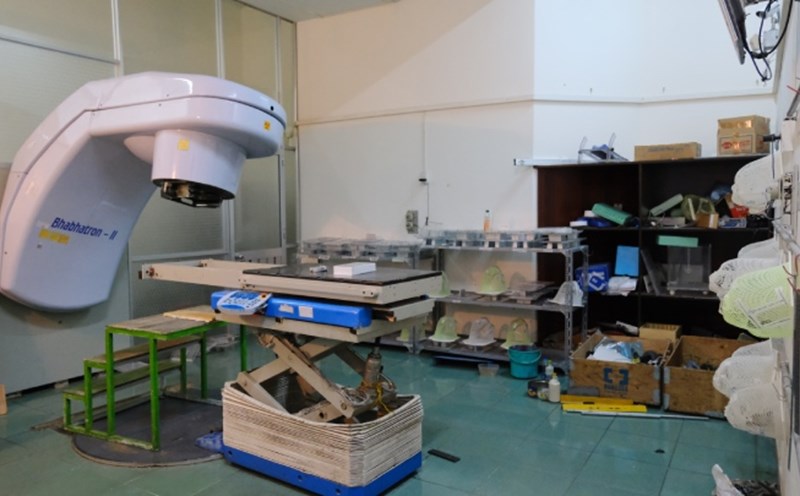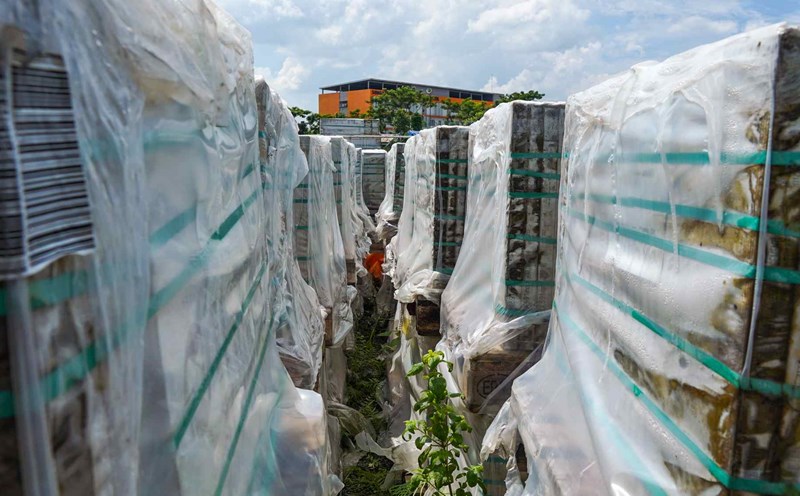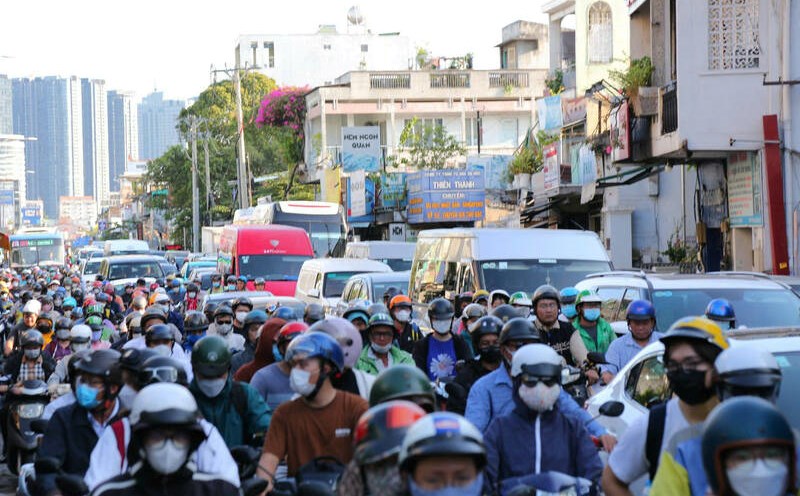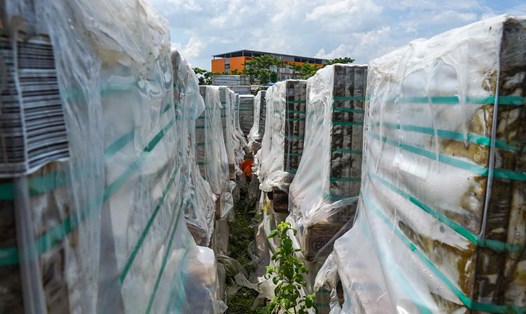200 square meters for 80 beds. The number of beds is just a symbolic number, because in reality there are two-beds for two patients, three-beds for three patients. They are also used to the image of family members lying cramped at the foot of the bed, tired faces, and the thunderous thunderous thunderous thunderous noises that cut through the long night in the hospital.
But perhaps they have never been used to the feeling of helplessness when they know that the only radiotherapy machine, outdated and overloaded, is now broken without (and do not know when) replacement components.
Cancer patients are at the most vulnerable stage of their lives, when the treatment outcome can change day by day, every hour. Now, they have to stand between two options: either waiting for the machine to be repaired in an unexpected way, or leaving to find another place to treat the disease, more remote and expensive, to keep hoping to continue to save their lives.
What will poor patients choose when the cost of each treatment away from home is too high? The answer may lie in the desperate eyes in the hospital hallway.
It is worth mentioning that there is a sour paradox: This overloaded hospital is not far away, the new Can Tho Oncology Hospital project, with a scale of 500 beds, an investment capital of more than 1,700 billion VND, after 3 generations of the City Chairman, is still stalled and cannot be completed.
One side is a row of beds full of patients, the other side is a row of mossy corridors, never with white blouse shades. What has caused such a long time of storage and storage for such a long time? Is it a source of capital, a procedure, or simply because it is not the pain of those responsible?
A hospital is not simply a project, it is a place to preserve human life, a place where every delay can be a loss of life. When a patient is forced to stop treatment because he cannot move, who remembers the figure of 1,700 billion VND that is still lying motionless?
In this medical problem, there is not only a exhausted doctor and a suffering patient, but also a silence that is difficult to name. Budget numbers, paper meetings, document-rich processes - all operate in a terrifying silence before the weak breaths outside.
The question is: When will that silence be broken?
Cancer patients do not have much time to wait.
A faster decision, a more correct priority, may not change the whole system overnight. But at least, it will give those seriously ill patients another chance to prolong their lives. They do not need promises, they just need a radiotherapy machine in operation, a proper hospital bed, and a real hospital - to cling to the hope of recovery.











